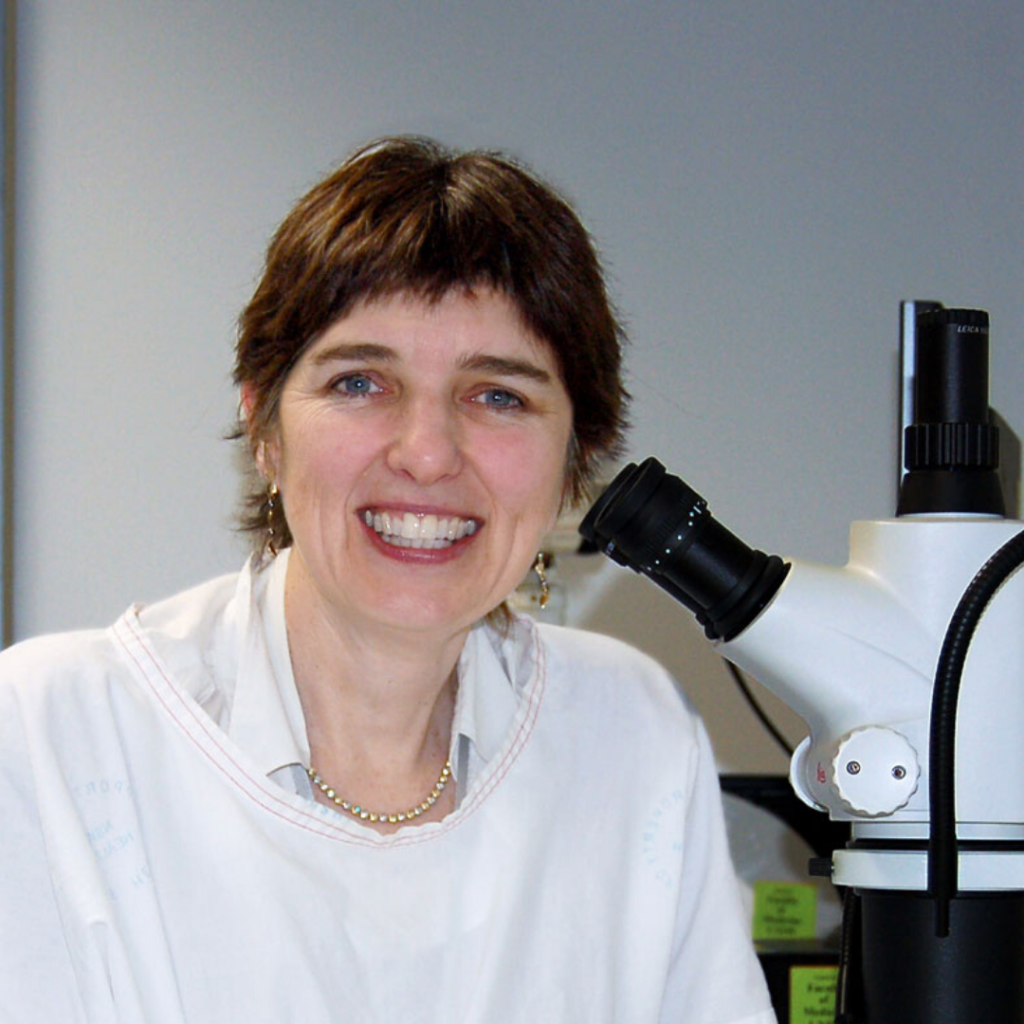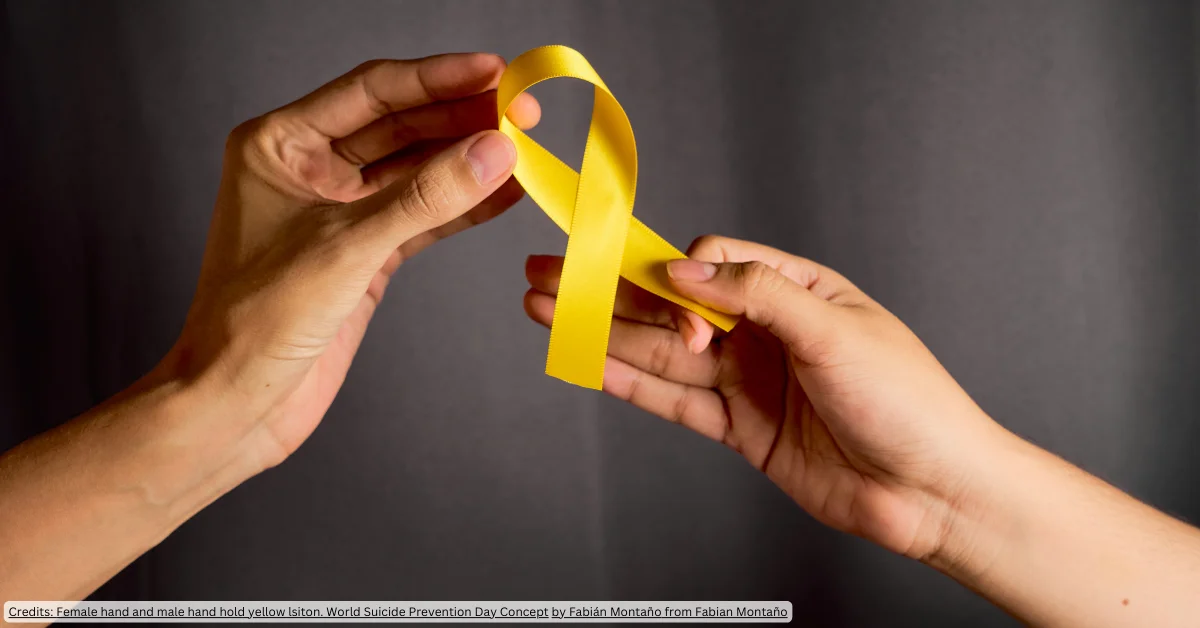Marking Bowel Cancer Awareness month, Cure Cancer alumna Professor Robyn Ward discusses the importance of funding research into the disease.
Not so long ago, a cancer diagnosis was considered a death sentence, but thanks to advances in research, that’s no longer the case. Many cancers are now treatable and even preventable, so it’s important we arm ourselves with the right knowledge to help us lower our risk.
Cure Cancer alumna Professor Robyn Ward has dedicated her career to improving the outcomes for bowel cancer patients. Now the Executive Dean and Pro Vice-Chancellor of Medicine and Health at the University of Sydney, Robyn first received Cure Cancer funding for her research in 1994. Since then, she has gone on to achieve international recognition for her research into the disease.
The Research
Robyn’s research successes include determining distinctive genetic pathways by which bowel cancer can develop.
‘Everyone nowadays is familiar with genetics, which is really the alphabet of your DNA,’ Robyn says. ‘What people have been less familiar with is how that DNA is labelled. The marks that are chemically attached to DNA have a significant role in determining whether particular genes in our body are switched on or off at particular moments in time.’
The study of these marks can help determine what diseases people get, the impact of the environment on genes and – if individuals get cancer – whether it grows quickly or not.
Significantly, Robyn uncovered a pathway by which people can inherit bowel cancer from their parents. This discovery enables better screening and support to affected families.
Other successes include developing a screening test for bowel cancer, identifying the key role of precursor lesions (polyps) in the development of the disease, and using human antibodies to treat cancer.
The Risks
Around 1 in 23 Australians will develop bowel cancer in their lifetime. However, like with most cancers, the risk of developing bowel cancer increases with age. Luckily though, there have been some major advances in the diagnosis of bowel cancer, thanks largely to the National Bowel Cancer Screening Program.
‘Over 50 is where screening should start’, says Robyn. ‘The screening program picks up people with early cancer which is completely curable. It aims to continue to reduce deaths from bowel cancer through early detection of the disease, so I would urge anyone who is eligible to participate. For those with a possible inherited predisposition to cancer, genetic testing is also really important.’
The Funding
Thanks to research, bowel cancer is now a curable disease. ‘Found early it is close to 100% curable, so very few people should be dying of bowel cancer’ says Robyn. ‘We have nearly all the tools we need now to dramatically reduce bowel cancer deaths – we just don’t use them all to full advantage.’
Breakthroughs like the screening program underline the importance of funding lifesaving cancer research from brilliant young minds.
‘The support I received from Cure Cancer was a critical first step in my career,’ says Robyn. ‘Funding emerging researchers means they have a chance to develop their ideas where the risk may be high, but longer-term outcome may be substantial.’
Since receiving her Cure Cancer grant over 25 years ago, Robyn has gone on to obtain over $38 million in competitive funding. Her contributions to bowel cancer research have had a major impact on the diagnosis and treatment of the disease.
By funding young cancer researchers, you are giving them an opportunity to make lifesaving breakthroughs in the future.
A curious marketer with a passion for understanding the customer’s journey, Tooka has spent the last couple of years facilitating innovative platforms to share ideas and best practice strategies to up-skill and connect Australian businesses.












